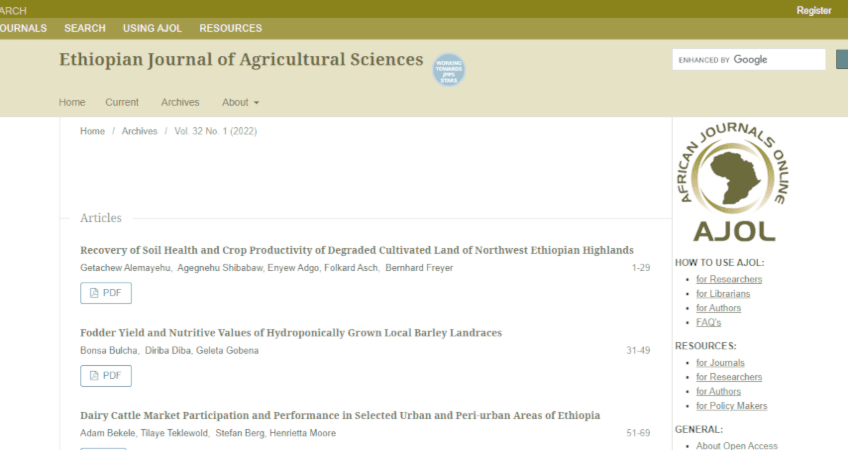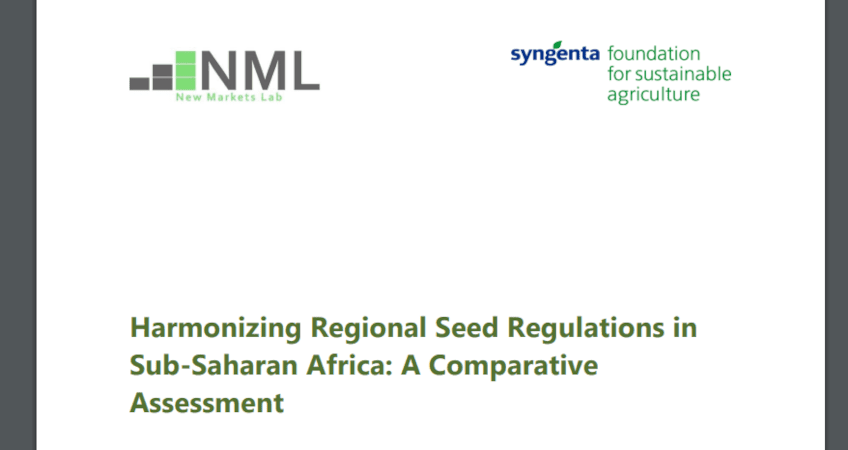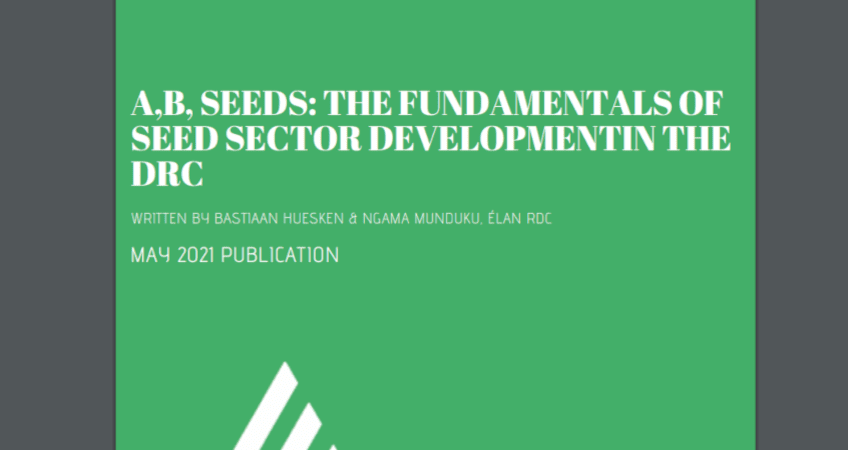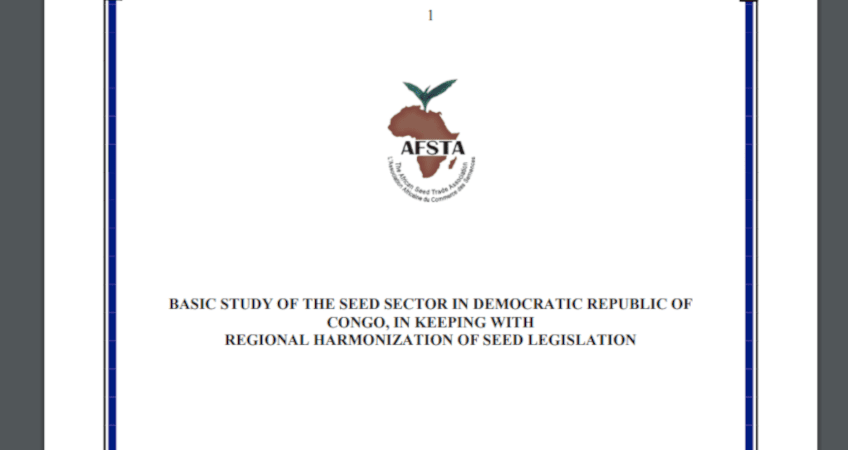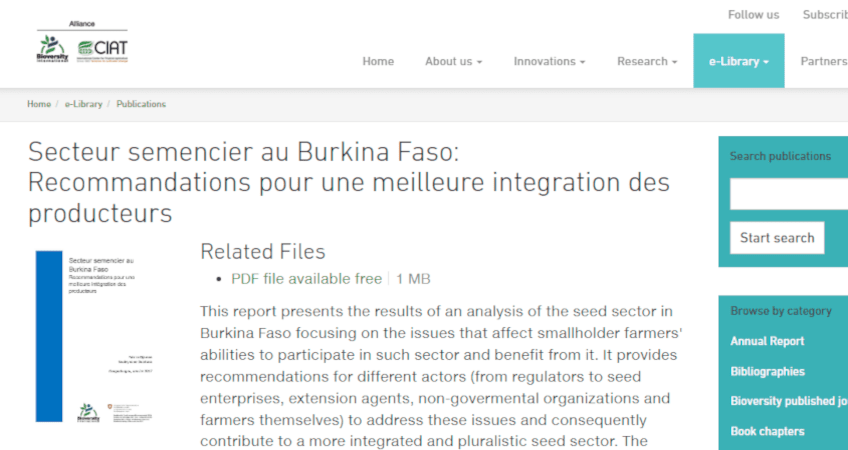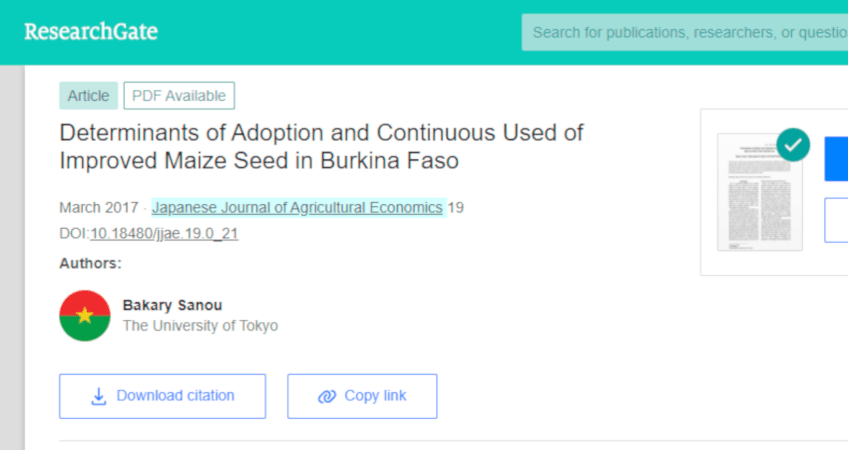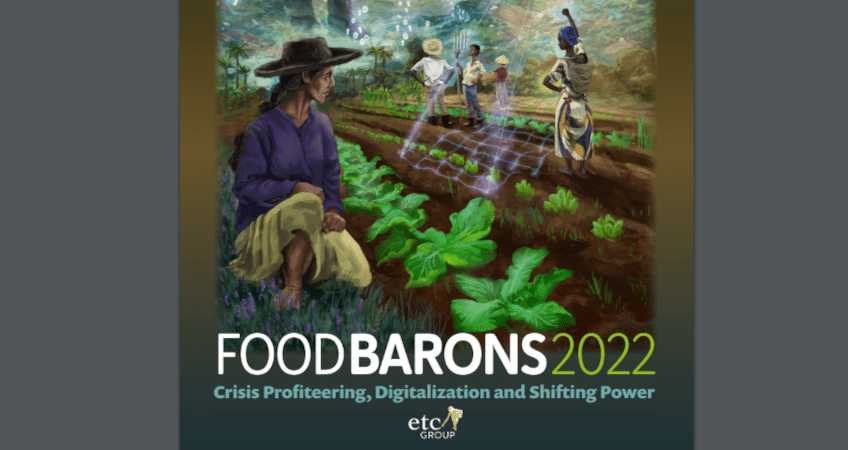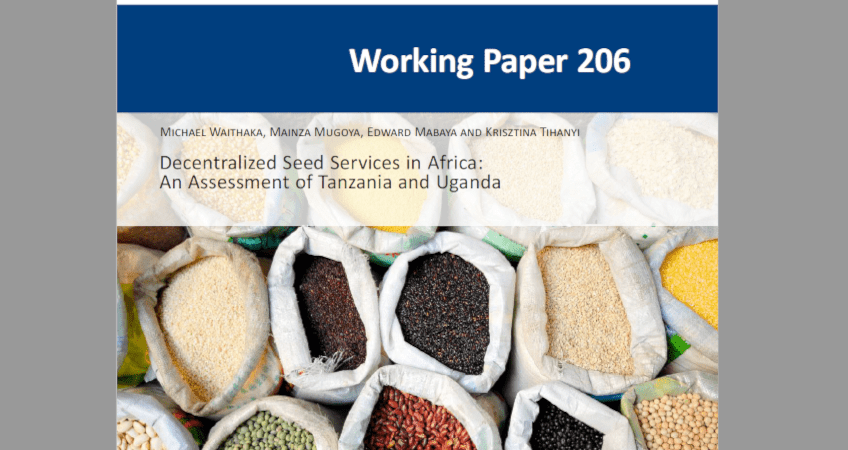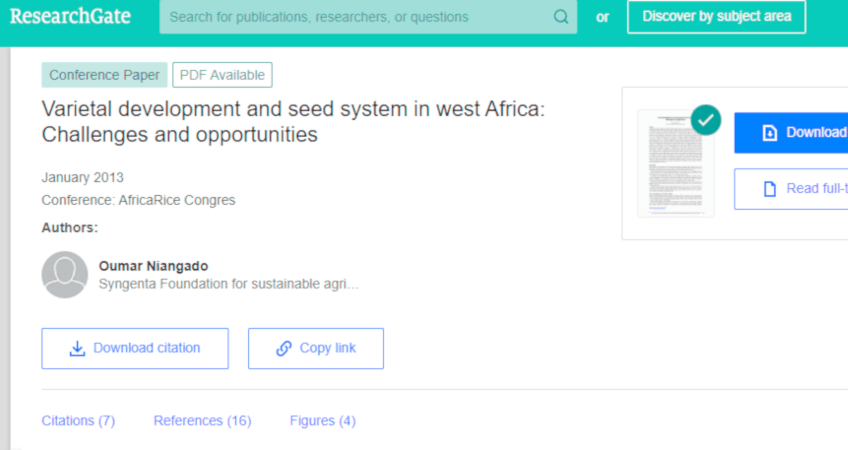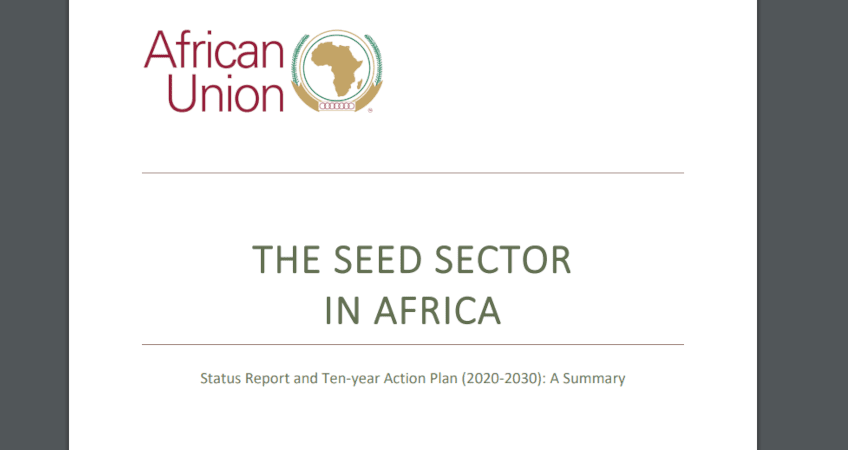
Week 75 – Policy Guidance: The Seed Sector in Africa: Status Report and Ten-year Action Plan (2020-2030): A Summary
Author: African Union Commission; 2021
Key words: governance; access to seeds; seed regulations
Seed sector development has been on the agenda of Heads of State and Government since 2005. READ MORE
